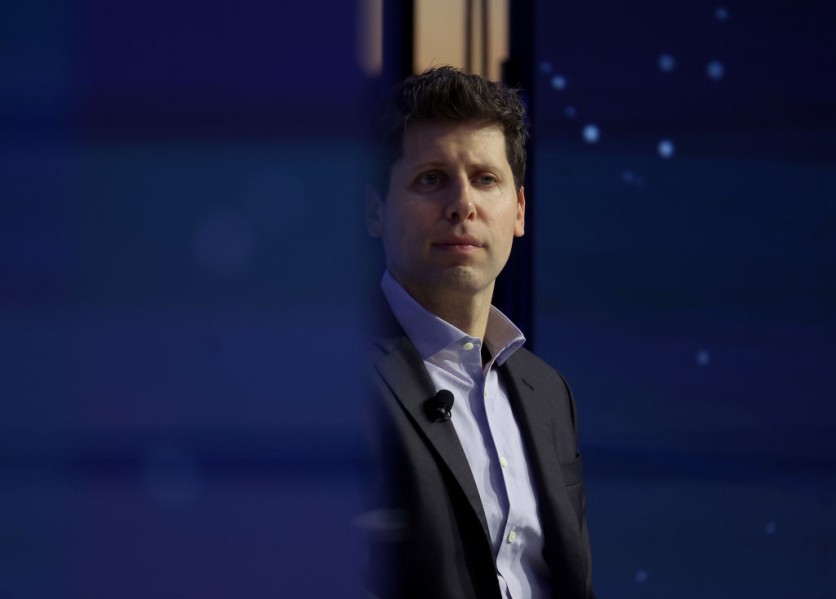Y Combinator co-founder Paul Graham refuted allegations on X that Sam Altman was pressured to resign as Y Combinator's president in 2019 due to potential conflicts of interest.
Altman, who became a partner at the startup accelerator in 2011, was appointed president in February 2014 by Graham.
Alongside notable figures such as Elon Musk, Peter Thiel, and Y Combinator founding partner Jessica Livingston, Altman co-founded OpenAI as a nonprofit in 2015, raising $1 billion.
What exactly happened back then?
Altman Pressed Between OpenAI or Y Combinator

For several years, Altman balanced his responsibilities between Y Combinator and OpenAI. However, the moment came when he had to choose only one between them, TechCrunch reported.
Things got interesting in 2019 when OpenAI announced the creation of a for-profit subsidiary with Altman as CEO.
According to Graham, this led Livingston to inform Altman that he needed to commit to one venture.
I got tired of hearing that YC fired Sam, so here's what actually happened: pic.twitter.com/3YvBDH7oqV
— Paul Graham (@paulg) May 30, 2024
"If he was going to work full-time on OpenAI, we should find someone else to run YC, and he agreed," Graham explained.
He added that they would have been equally supportive if Altman had chosen to remain at Y Combinator by finding another CEO for OpenAI.
Related Article : Open AI CEO Sam Altman and Husband Vow to Donate Most of Their Wealth to Charity Through Giving Pledge
Contradicting Reports of Forced Resignation
Graham's account contradicts reports suggesting that Altman was ousted from Y Combinator due to prioritizing personal projects, including OpenAI.
A Washington Post article from November last year claimed Graham had cut short an overseas trip to personally dismiss Altman. Additionally, Helen Toner, a former OpenAI board member, suggested in a Ted AI Show podcast that the real reasons for Altman's departure were concealed.
Controversy Over Financial Interests
Some Y Combinator partners reportedly took issue with Altman's indirect stake in OpenAI while serving as Y Combinator's president.
Y Combinator's late-stage fund had invested $10 million in OpenAI's for-profit subsidiary. However, Graham stated that this investment occurred before Altman's full-time commitment to OpenAI and that he was unaware of it until recently.
"This was not a very big investment for those funds. And obviously, it wasn't influencing me, since I found out about it 5 minutes ago," Graham wrote.
Timing of Graham's Statements
Graham's posts coincide with an op-ed in The Economist by OpenAI board members Bret Taylor and Larry Summers.
The article defends Altman against claims made by Toner and another former OpenAI board member, Tasha McCauley, who argued that Altman might succumb to profit incentives.
The Information also reported that the OpenAI boss has plans to transform the company into a for-profit corporation amid investor pressure like Microsoft. For Altman, there's a need to give priority to commercial projects.
While AI will not entirely replace humans, Altman previously said that it will eliminate a lot of jobs.
Read Also : Former OpenAI Board Member Reveals Board Was Unaware of ChatGPT Launch Until Public Release

ⓒ 2025 TECHTIMES.com All rights reserved. Do not reproduce without permission.




